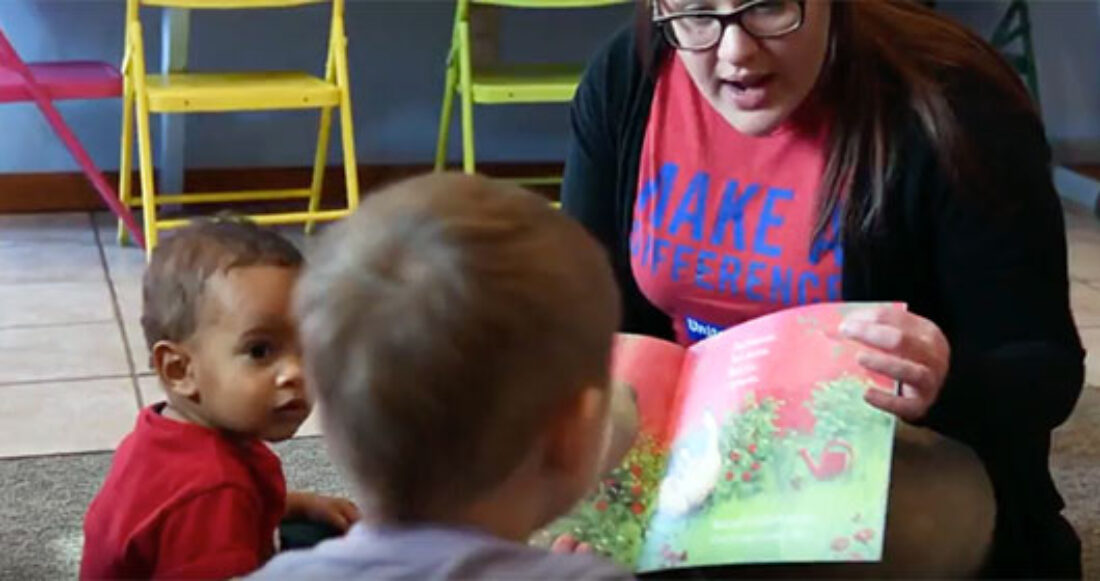Minnesota Integrates State Data to Improve Early Childhood Programming

Early learning services can positively impact how underserved children fare in school and life. Recognizing this, officials in Minnesota have sharpened their capacity to identify service gaps and needs by launching the Early Childhood Longitudinal Data System (ECLDS). This innovative information sharing system integrates state data on education, health and social services.
The Annie E. Casey Foundation is a strong proponent of integrated data systems such as ECLDS, which can help policymakers and practitioners make better decisions that more effectively serve children and families.
In Minnesota, conditions for launching ECLDS were ideal, according to Cindy Guy, vice president for Research, Evaluation, Evidence and Data for the Foundation. “Minnesota had an accessible website and a well-developed and integrated early childhood data system with agreements between agencies already in place,” Guy recalls.
While Minnesota has invested millions of dollars in a variety of early learning and child care programs, these efforts were difficult to track pre-ECLDS. Different state agencies administer different programs, and these agencies do not share data or track outcomes in a uniform way.
Using a publicly available website created by ECLDS, the Children’s Defense Fund-Minnesota produced a report, Evaluating Early Childhood Program Access, that details program participation among children of various racial and ethnic groups.
In the state’s farming community of Willmar, school officials used ECLDS data to identify gaps in preschool access for Latino and Somali children. The Willmar School District and United Way then expanded a home-visit program that pairs educators with Latino and Somali children who cannot get to preschool. During these visits, educators teach the children and help connect their families to needed services. This work is the subject of a Casey-funded video created by the Early Childhood Data Collaborative in partnership with the Children’s Defense Fund-Minnesota.
Beyond Minnesota, Casey’s grant to the Early Childhood Data Collaborative — a division of Child Trends that focuses on helping states use integrated early childhood data as a tool to inform child and family policy — supports projects in Mississippi and Rhode Island.
“This work helps to demonstrate the benefits of linking different sources of data to prevent children from falling through the cracks, not getting the right services or not getting any services,” notes Carlise King, executive director of the Early Childhood Data Collaborative.
Watch a video about the benefits of integrated data systems





